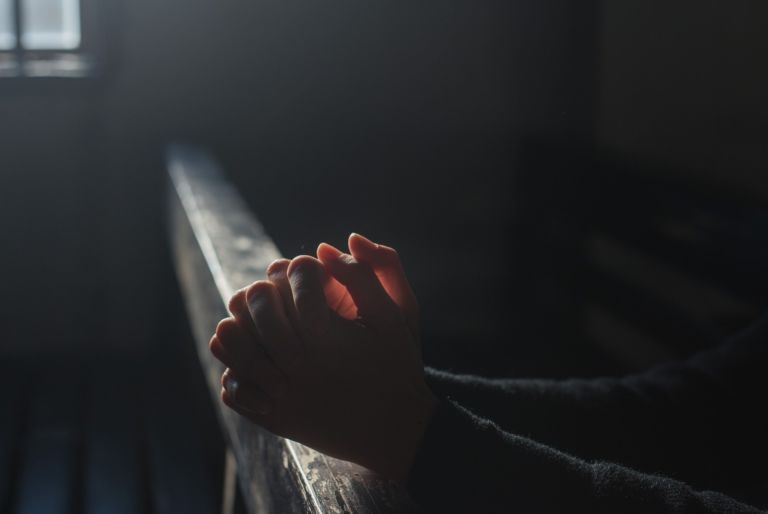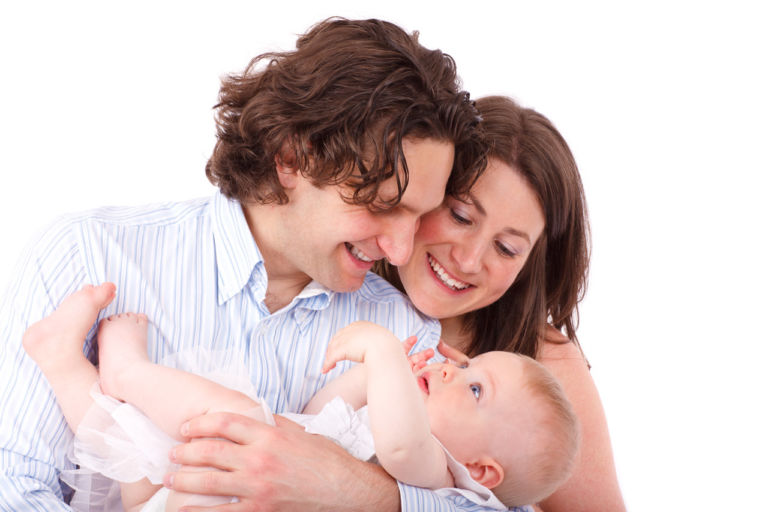Terry Jones of Issues and Insights reports results of a disappointing poll.
Parents in America, as elsewhere, traditionally have been concerned with one big thing when it comes to their children: That their kids’ lives should be better than the preceding generation’s. And for decades, that optimism was a given. But now, people are not so sure, a new I&I/TIPP Poll suggests.
Based on a growing body of evidence, both from the news and from a spate of recent studies and research, America’s parents, grandparents, teachers and others who make up the adult world today share a deep angst over how well their kids will do in the future.
To find out how pervasive this feeling is, the online I&I/TIPP Poll of 1,365 adults, taken from March 29-31, asked Americans a straightforward question: “How likely do you think today’s youth will have a better life than their parents?”
Of those responding, just 43% answered that it was likely that today’s kids would have better lives, with 21% saying it was “very likely” and 22% saying “somewhat likely.” And 8% said they weren’t sure.
Meanwhile, 49% took the more pessimistic view, calling it “unlikely” that today’s kids would do better than their parents. That includes 33% who said “somewhat” unlikely and 16% who said “very” unlikely.
But where the responses really get interesting is in the breakdowns by race, income and political affiliation, which suggest that Americans inhabit, at least mentally, two very different countries.
Start with political parties. Democrats (59% “likely”) were far more optimistic about America’s youth doing better than the preceding generation than either Republicans (28%) or independents (30%).
The big shocker is that, when broken down by age, younger respondents don’t share their parents and grandparents pessimism over their future.
For those in the 18-24 year old group, 51% said it was likely they’d do better than their parents. That number jumped to 62% among those aged 25-44 years, the dropped sharply to 31% for the 45-64 year age group and a downright depressing 26% for those 65 years and older.


